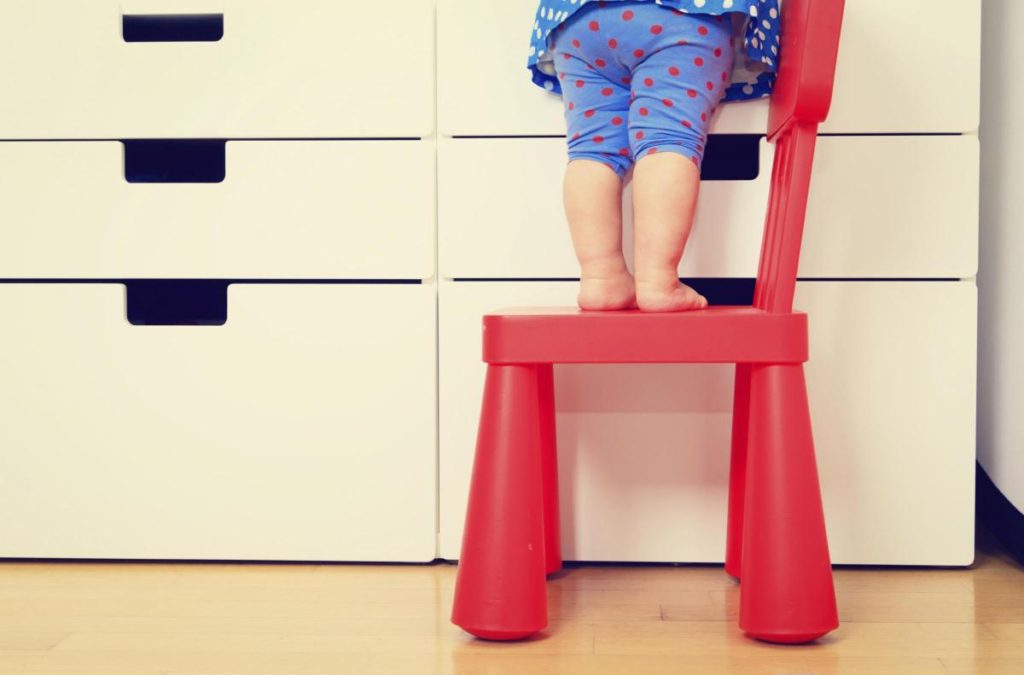6 tips for children to enjoy the pool safely
1. Always accompanied
When children are young, it is important to make them understand that they cannot go into the water without supervision. An older person should always be advised to be with them while they swim and play in the water.
2. Prevention of Accidents and Injuries
2. The inflatable vest is a must, and should continue to be worn until they have learned to swim very well. Both in the water and, and as recommended by the Committee for the Prevention of Accidents and Injuries of the Spanish Association of Pediatrics, while playing around the pool, especially if there is no protection fence. Avoid, of course, floats around the waist and even cuffs since, as the Red Cross warns, these can become the cause of drowning if the child turns over in the water, because the float prevents can roll over on their own by getting below their point of gravity.
3. You have to shower before and after
You have to shower before and after getting into the pool, and enter the water slowly, especially the first time. Diving with a bang can hurt children, especially if they don’t know how to jump on their head, putting their hands first. According to the AEP, in older children drowning is usually related to the use of slides, jumping to the edge of the pool or, if we are on the beach, in the open sea baths.
4. How to dive on their head,
4.If they are old enough to know how to dive on their head, remind them to always do it from the very edge of the pool and to make sure they are always on the deeper side.
5. ‘little ones’ do not play with them.
5. The water in the pool is like the floor of the house: we cannot leave the toys lying around because other people can trip over them and fall or have accidents. All the toys, both the aquatic ones and those that are used outside, sitting on the towel, have to be well stored when the ‘little ones’ do not play with them.
6. Don’t afraid to ask an older person for help
6. Children should not be afraid to ask an older person for help, not even if they think they have done something wrong or that we are going to scold them, especially if, for example, another child has been hurt or is in danger. Children have to trust those who can help them in the event of an accident, whether we are not you, the parents of other children or a lifeguard.

